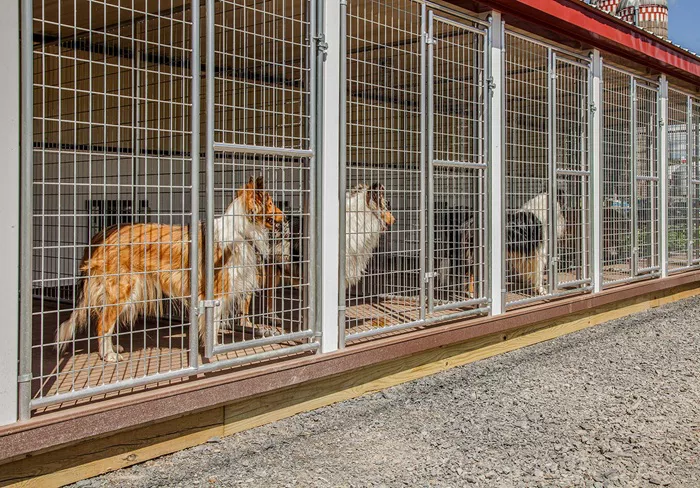WASHINGTON, D.C., June 12, 2025 — A federal judge has struck down a Kansas law allowing warrantless inspections of dog training businesses, ruling it violates the Fourth Amendment’s protection against unreasonable searches and seizures.
In Johnson v. Smith, the U.S. District Court for the District of Kansas ruled in favor of Scott Johnson and Harlene Hoyt, owners of Covey Find Kennel in Winfield, Kansas. The couple had challenged the Kansas Pet Animal Act, which required them to submit to unannounced inspections with just 30 minutes’ notice as a condition of holding a license.
The court determined that dog training operations are not “closely regulated” businesses—a legal category that allows for limited Fourth Amendment protections. That distinction was key in rejecting the state’s claim that it could inspect facilities without a warrant. The ruling followed legal arguments made in an earlier brief by the New Civil Liberties Alliance (NCLA), which opposed the expansion of exceptions to warrant requirements.
Johnson and Hoyt’s facility, located next to their home, was subject to state inspections that allowed officials to enter the property without a judge’s approval or proof of probable cause. Represented by the Kansas Justice Institute (KJI), the plaintiffs argued the law amounted to an unconstitutional invasion of privacy.
The district court had originally dismissed the case in 2023, relying on precedent involving closely regulated industries. That decision raised concerns that a broad reading of the exception could lead to similar warrantless searches in other industries across Kansas. After NCLA filed a supporting brief and the Tenth Circuit reviewed the case in 2024, the appeals court sent it back for further consideration on whether the dog training business truly qualified as closely regulated.
In its final decision, the district court agreed with NCLA and KJI, affirming that the Fourth Amendment’s warrant requirement applies to businesses like Covey Find Kennel.
NCLA President Mark Chenoweth welcomed the decision, calling it a step toward limiting the overreach of regulatory inspections. Senior Litigation Counsel Andrew Morris added that the ruling reinforces the importance of constitutional safeguards against government intrusion, even when tied to licensing requirements.

